Statement from the Governor’s office —
Carson City, NV — Today, Nevada Gov. Steve Sisolak formally issued a “Stay at Home” directive for Nevadans and extended the nonessential business, gaming and school closures and all other directives issued under the Emergency Declaration to April 30, 2020.
The governor has been asking Nevadans to “Stay Home for Nevada” since March 17 and has taken multiple steps since declaring a state of emergency on March 12 to protect Nevadans and encourage them to stay home and help flatten the curve. This directive reinforces the Governor’s earlier advisory for Nevadans to stay home and will go into effect at midnight on April 1, 2020.
“Today’s ‘Stay at Home’ directive strengthens the imperative that Nevadans must not leave their homes for nonessential activities in order to prevent the spread of COVID-19,” said Governor Sisolak. “This directive builds on previous directives around school closures, social distancing, closure of non-essential businesses, and bans on public gatherings of 10 or more people by requiring you stay at home unless leaving is absolutely necessary.”
Essential employees should continue their work activities, making sure to take proper precautions, like frequent handwashing, staying home if they are sick and abiding by aggressive social distancing protocols.
The directive also extends closure of non-essential businesses, gaming and schools through April 30, 2020. This change in time mirrors the latest guidance from the federal government.
Sisolak will also hold a press conference today at 5:00 p.m. to discuss the latest updates regarding steps the State of Nevada is taking to mitigate the impacts of COVID-19. We will bring you any new information at that time.
We need your support now more than ever — as our small business community is hit, so is our advertising support — if you are able to support local, independent news, now is the time to click here to contribute to The Fallon Post, so we can continue to bring you up-to-the-minute information. We are your non-profit (501c3) online news source for all things Fallon and appreciate all your support.
Never miss the local news — read more on The Fallon Post home page.

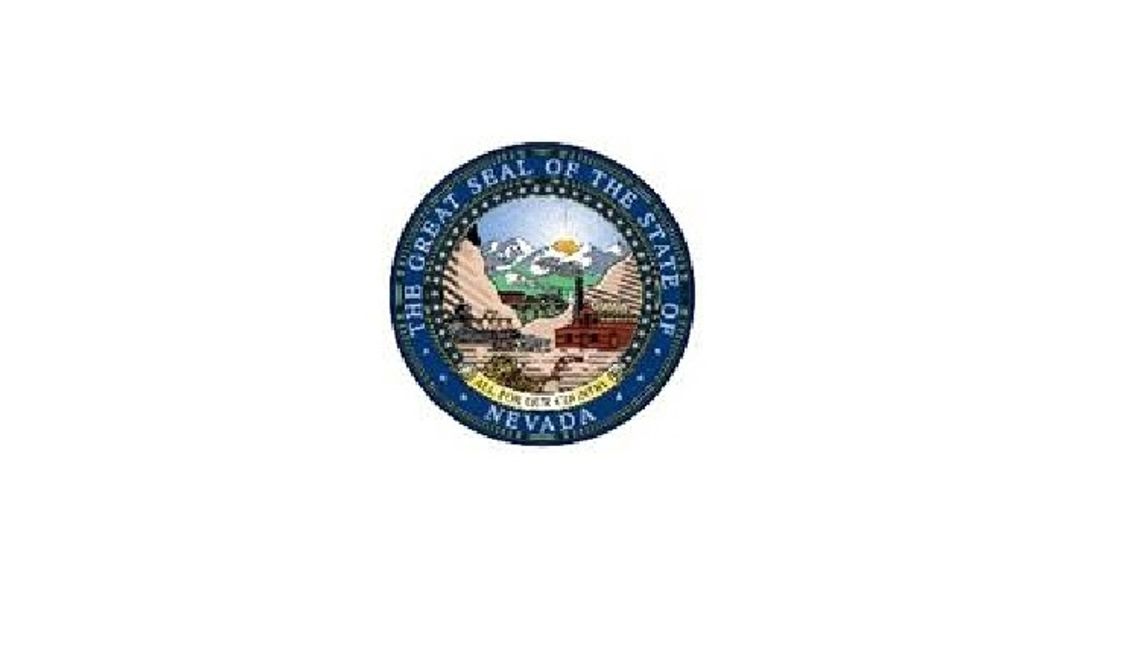


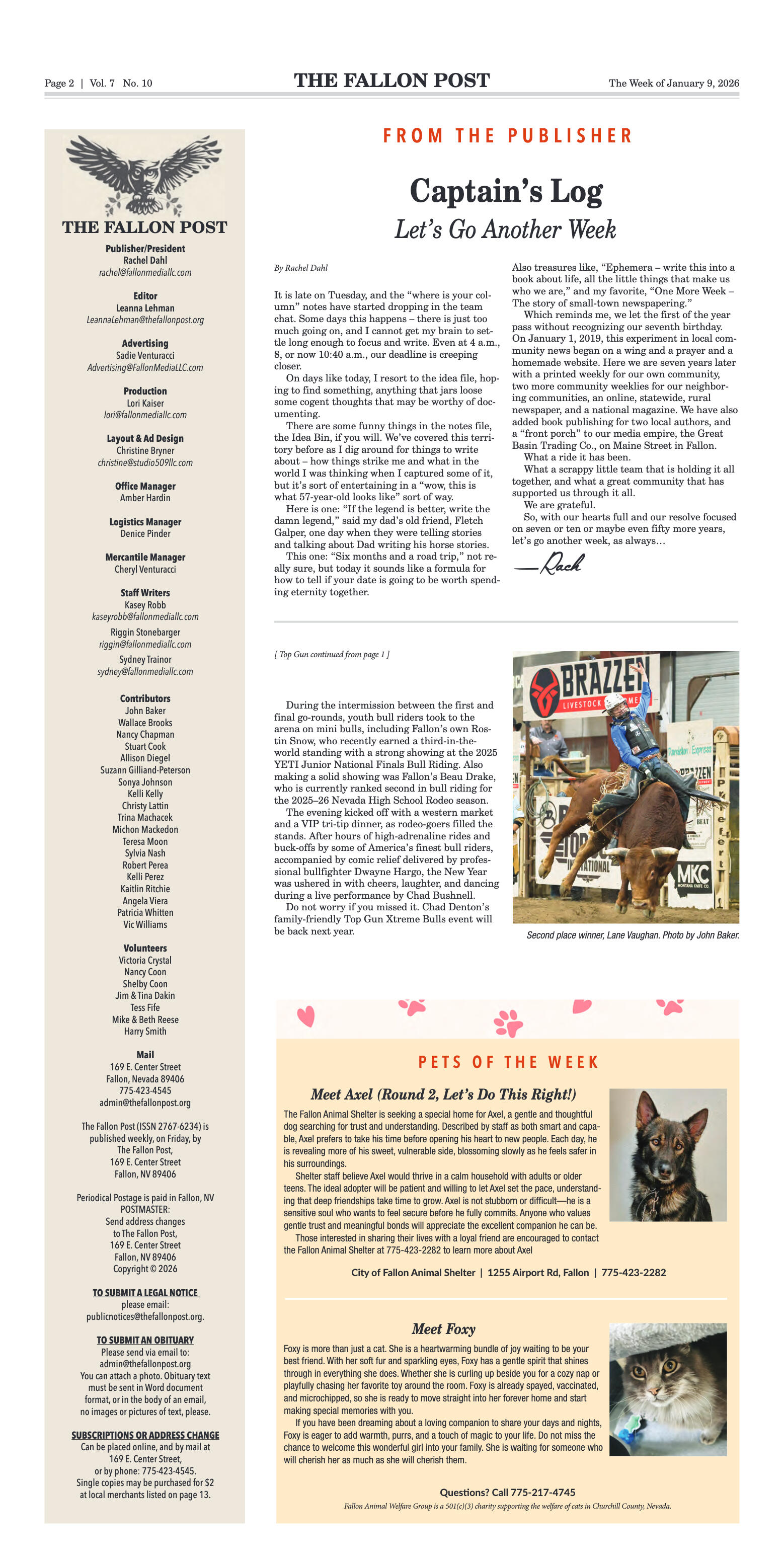


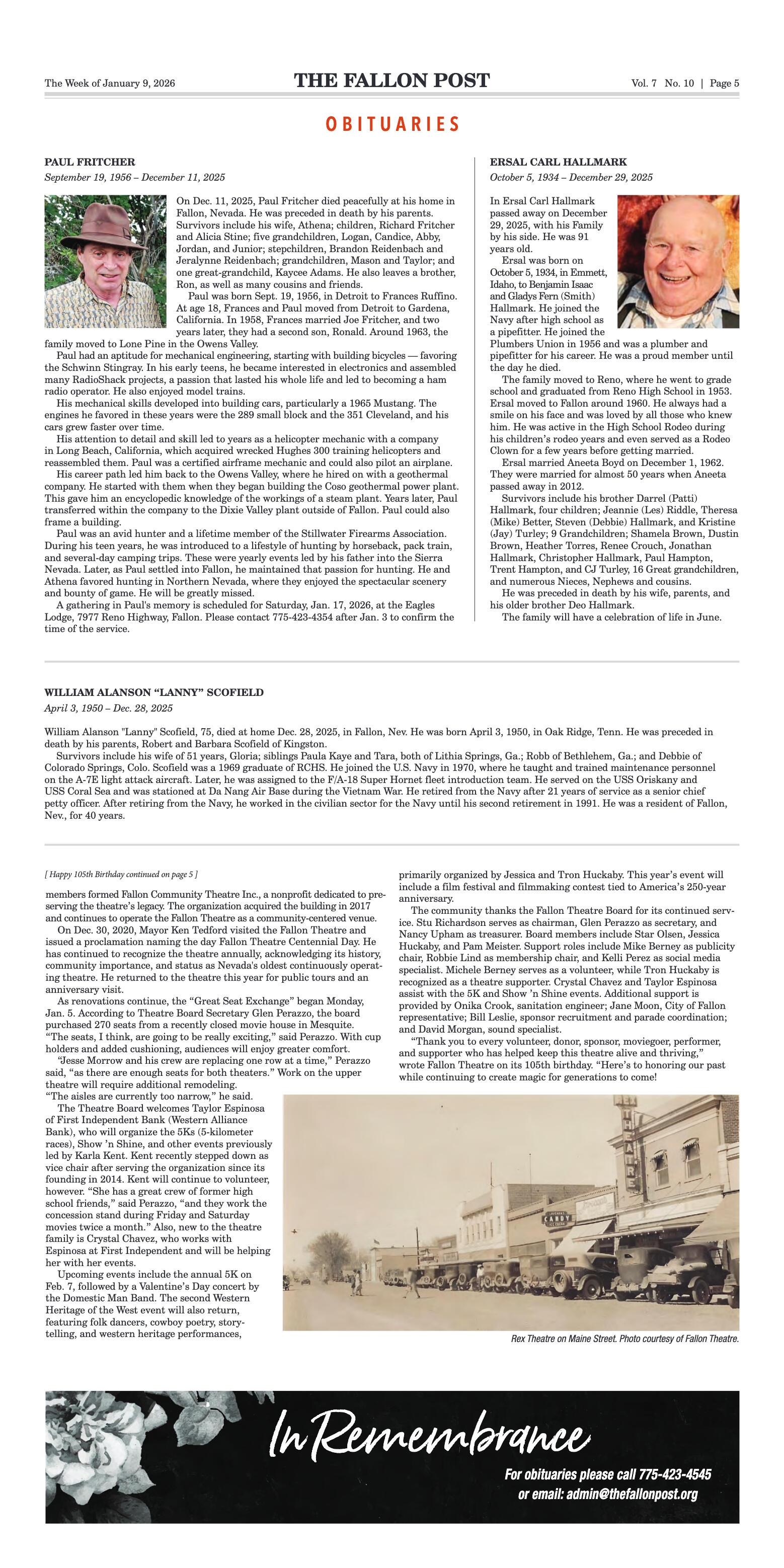
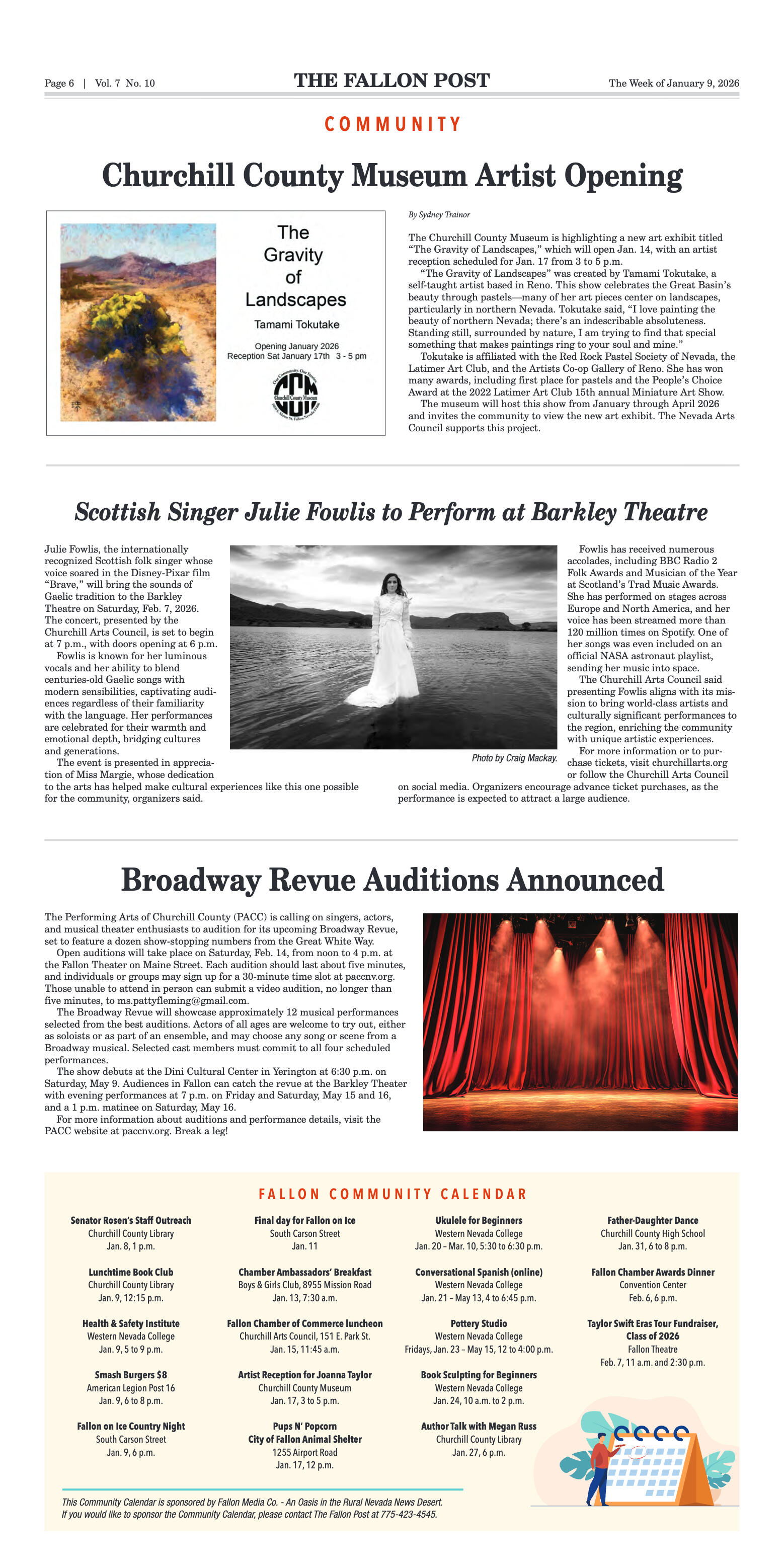
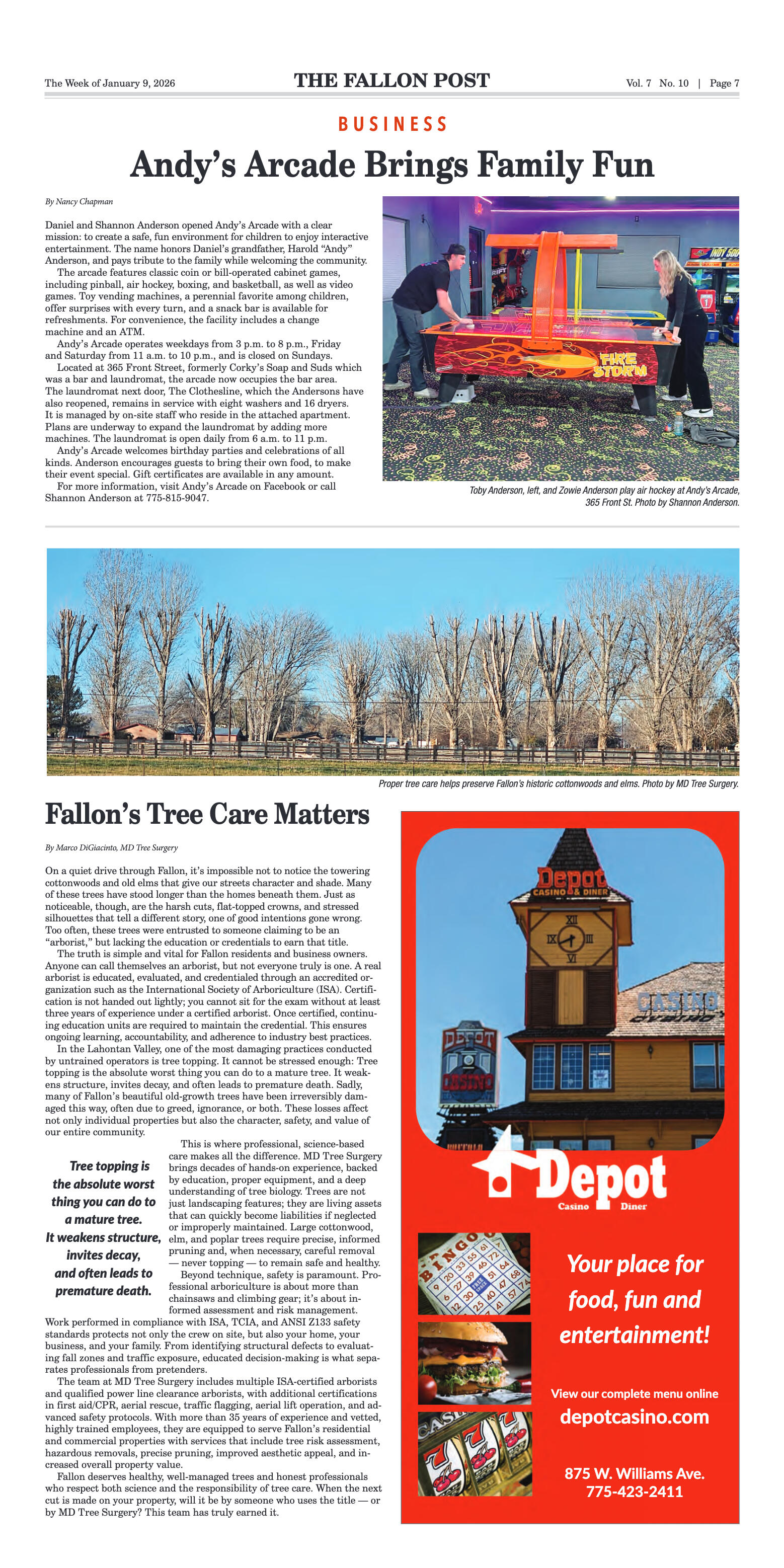
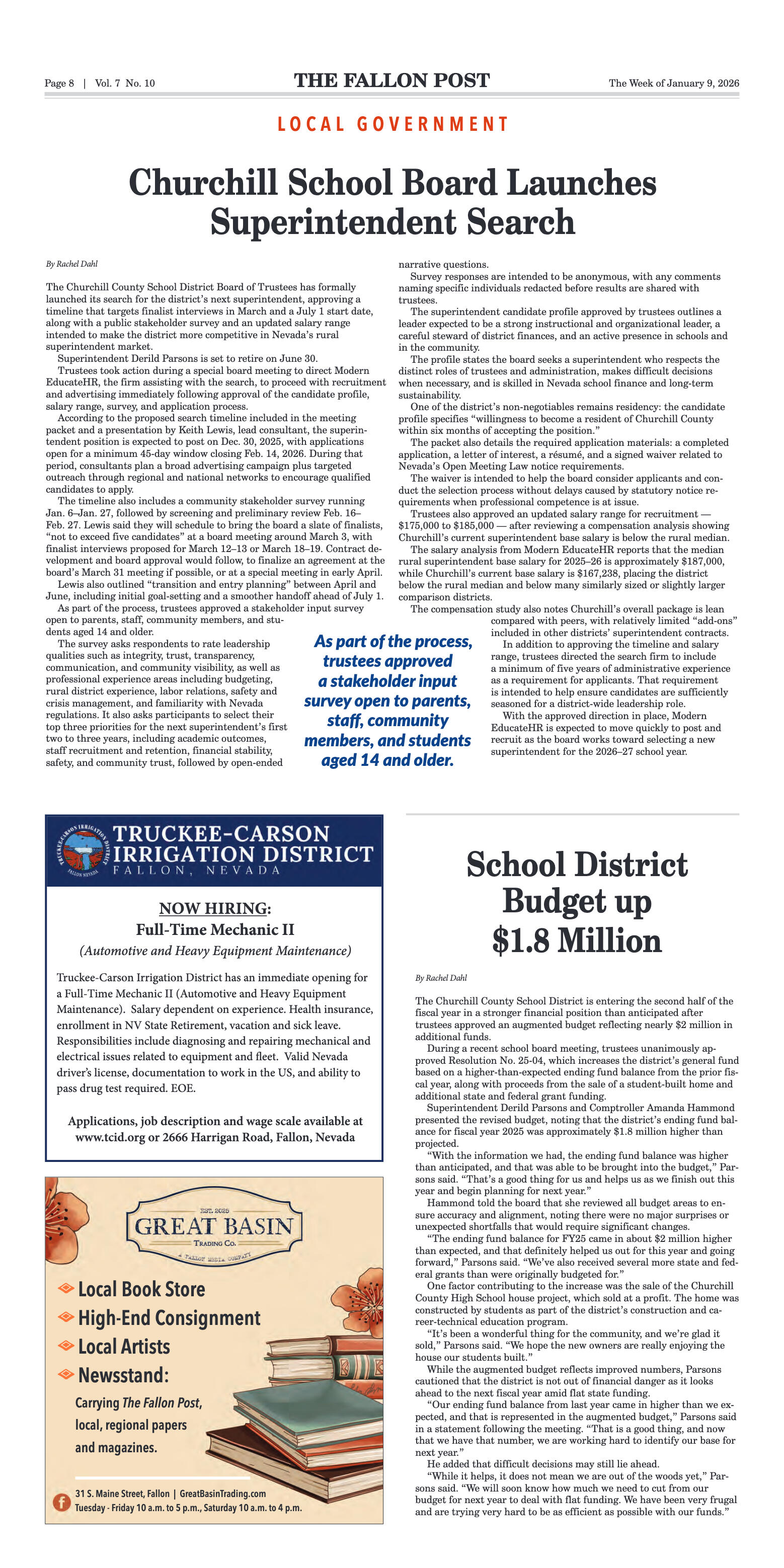
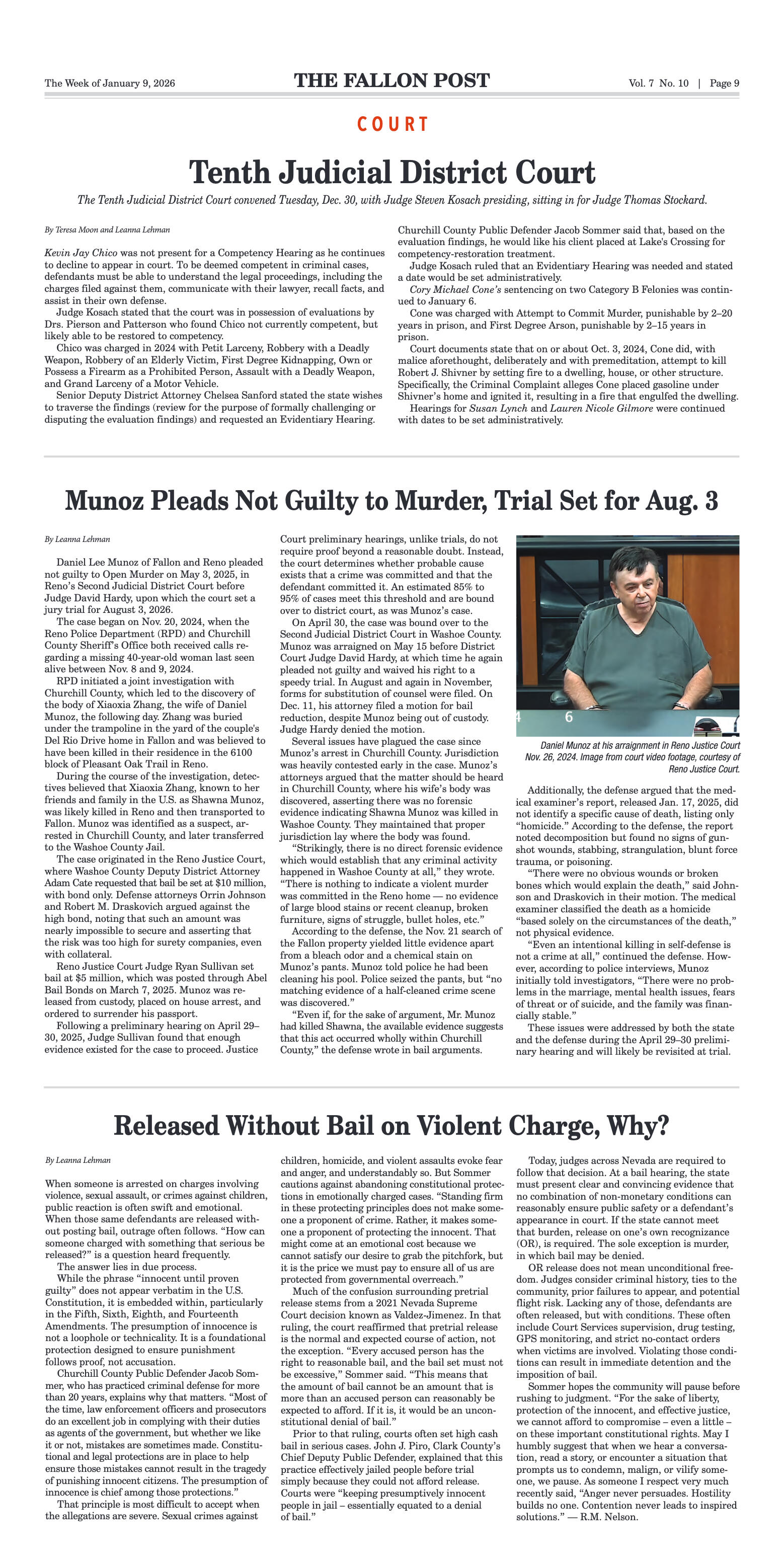
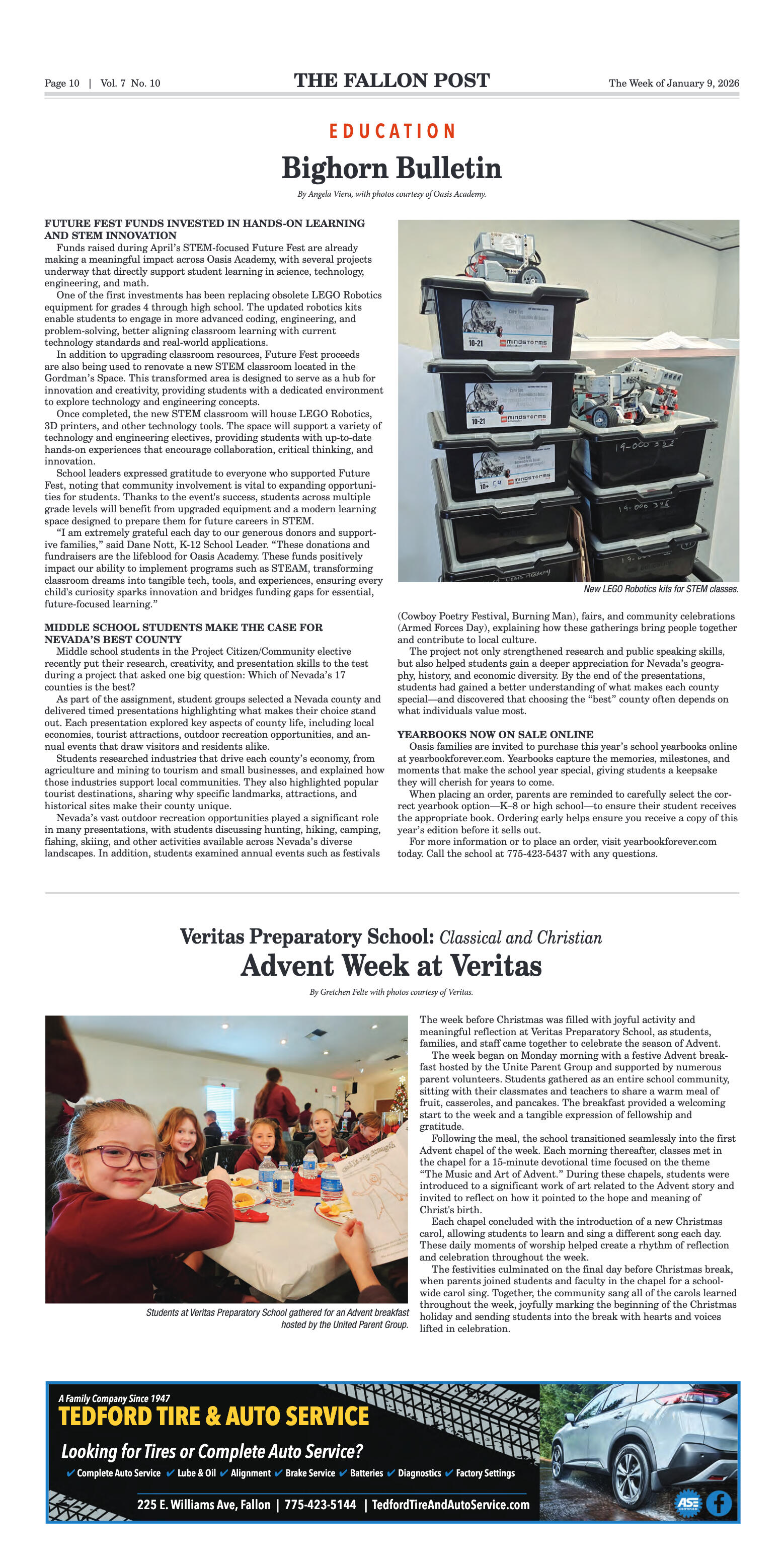

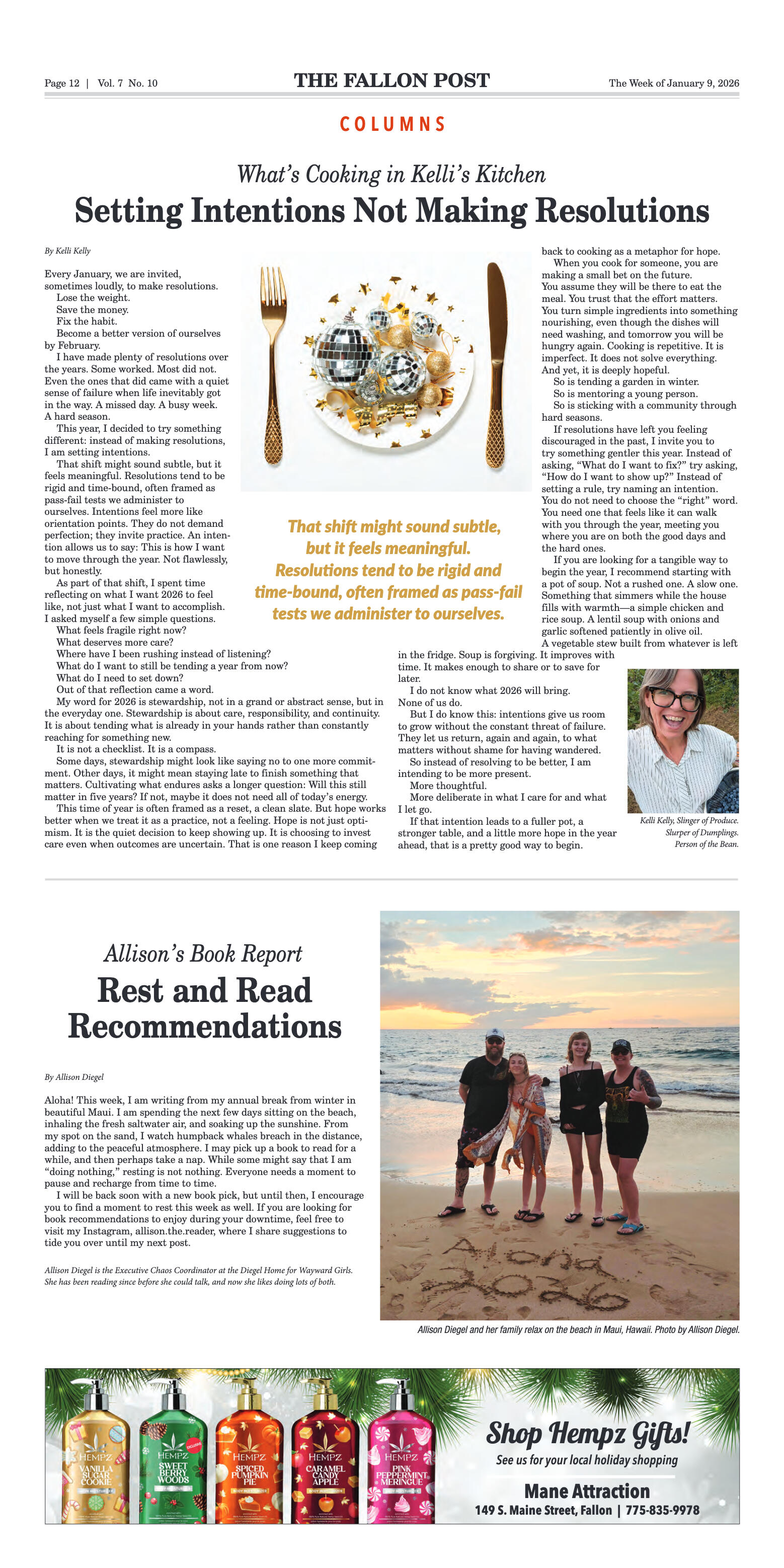
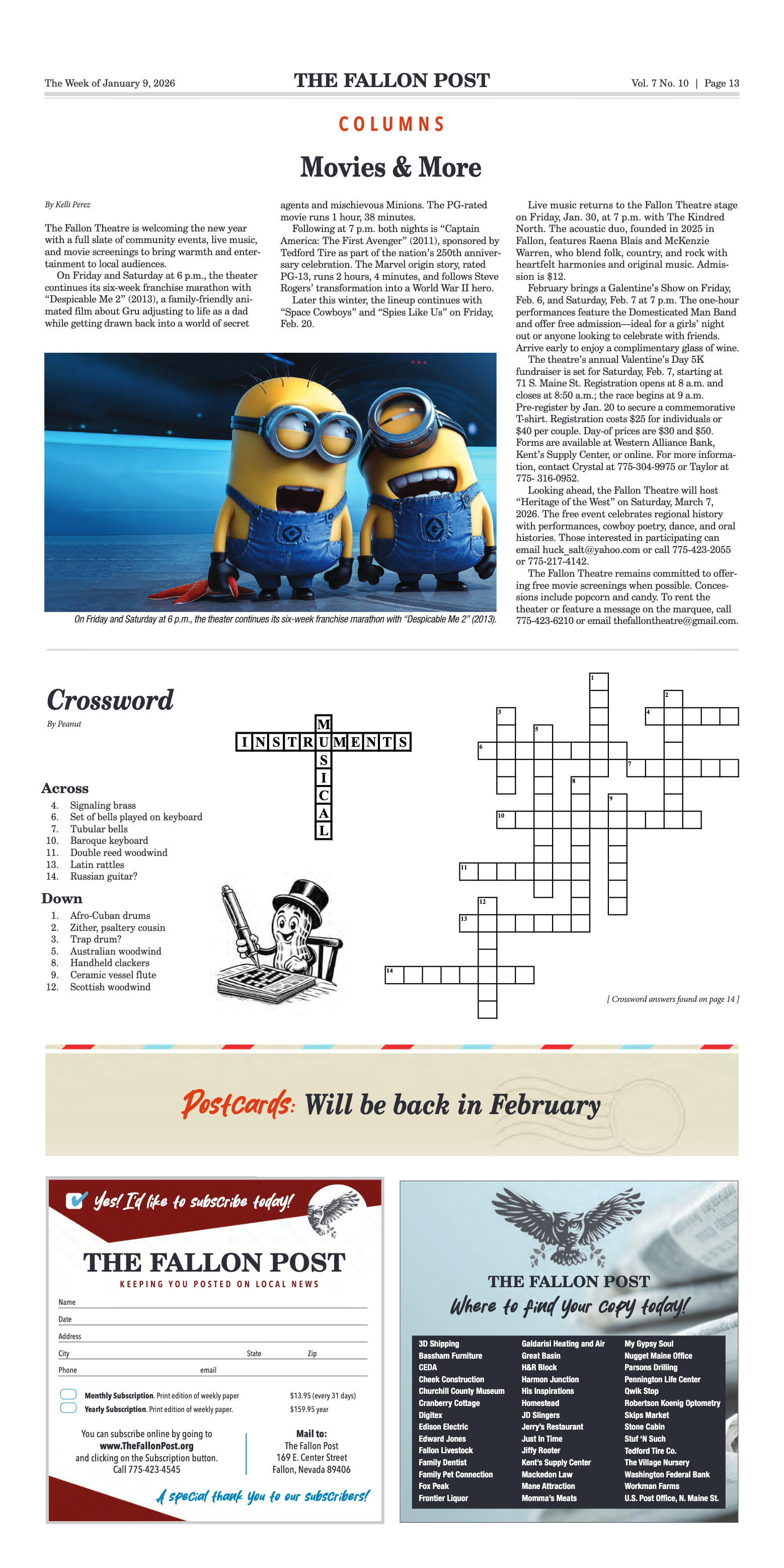
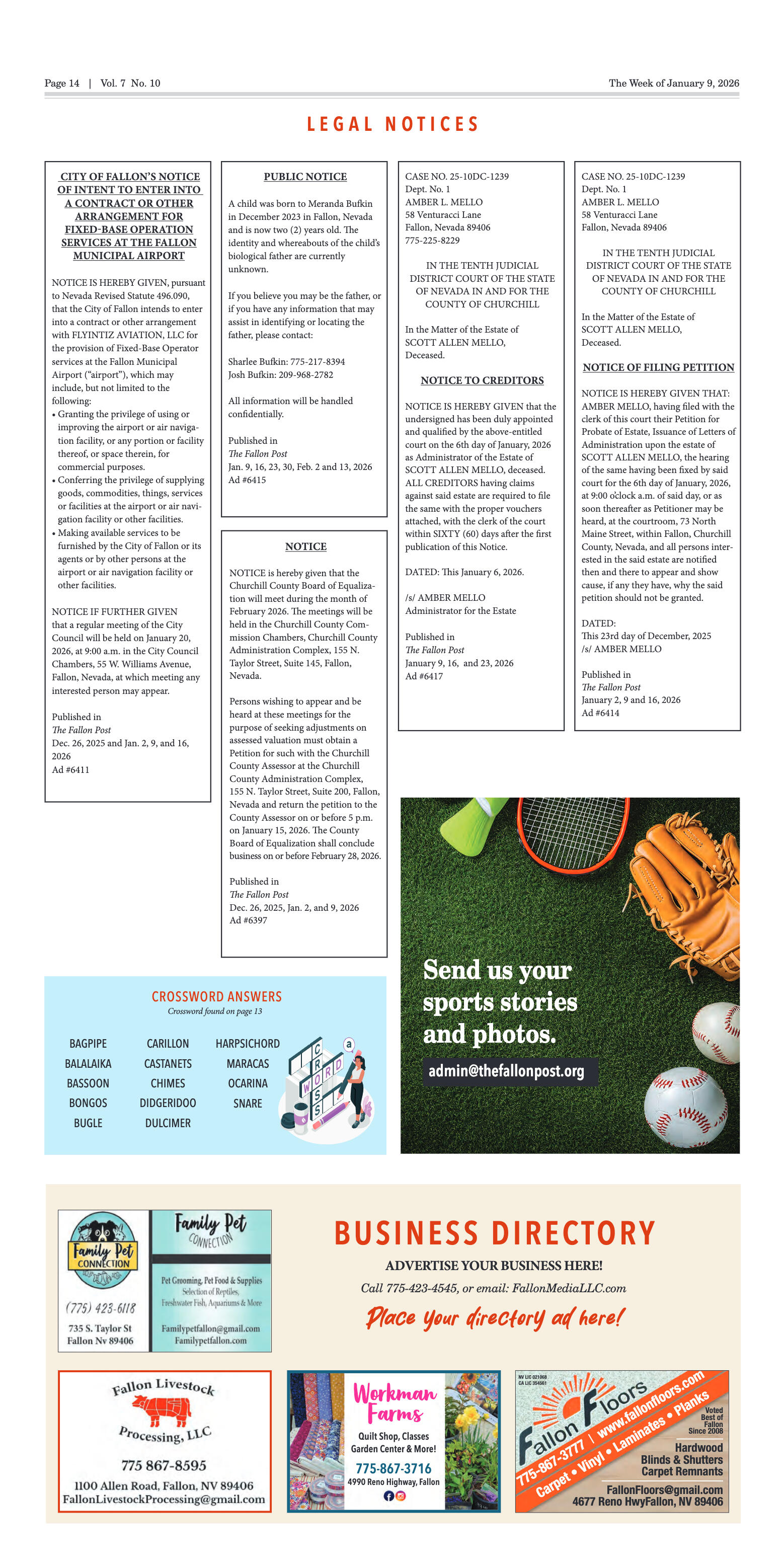
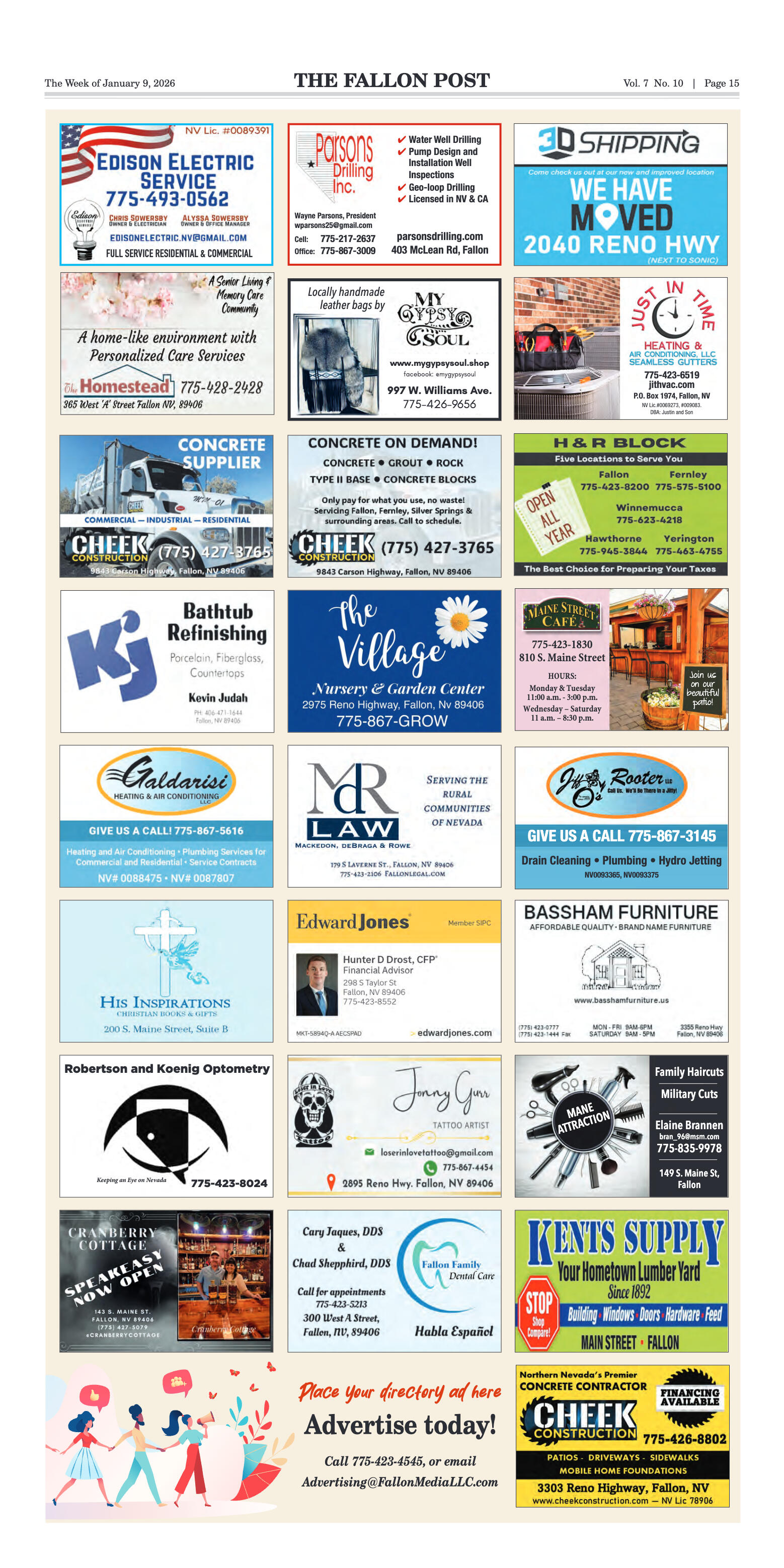
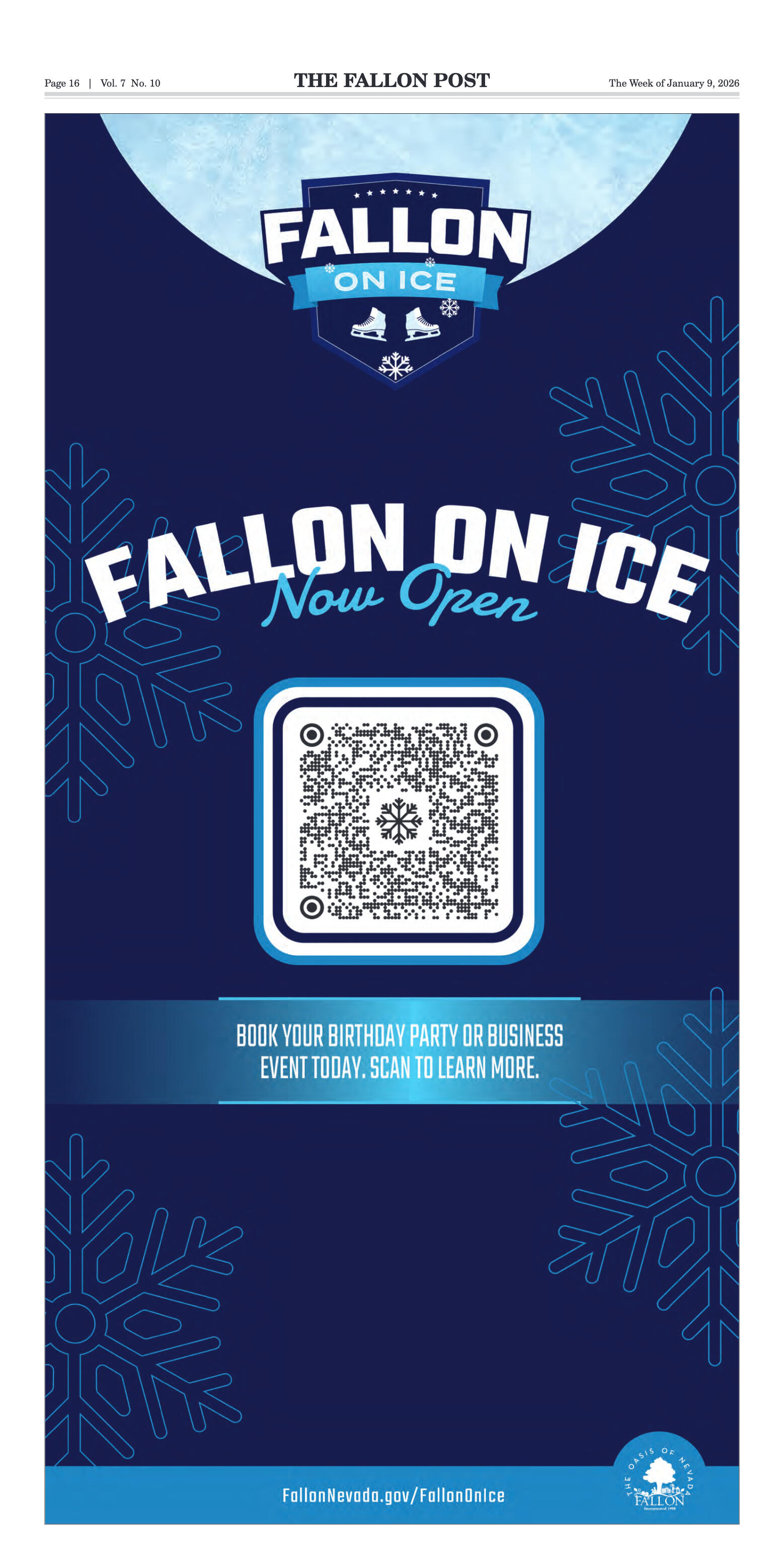






















Comment
Comments